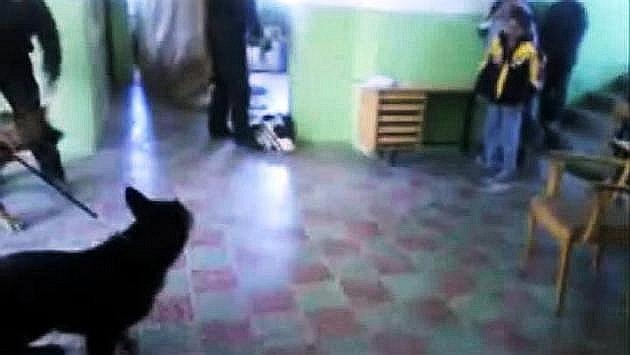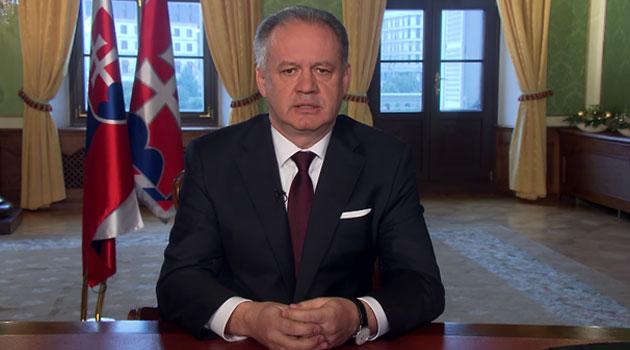Slovakia: Attorney for abused boys says acquittal of police officers was illegal

Vanda Durbáková, an attorney working with the Center for Civil and Human Rights in Slovakia, considers the recent acquittal of the police officers who abused Romani boys at a police station and were captured on film doing so to be illegal. “The District Court has just reiterated its decision of February 2015,” the attorney said.
“From my perspective it is incomprehensible that the District Court has again refused to take into evidence the video recording of the incident and have an expert assessment of it produced as the prosecutor proposed. That is key evidence showing, through audio and video, some of the violence committed against the Romani boys by those indicted,” Durbáková said.
“I continue to believe the appeals court will again return this decision in response to the prosecutor’s appeal and that the victims will not have to go all the way to the European Court of Human Rights in Strasbourg to achieve justice,” the attorney said. Štefan Ivanco, the program coordinator at the Center for Civil and Human Rights, said in response to the second acquittal that “It is depressing for me to see how the court in Košice has ruled on this matter yet again and how more than eight years after this entire incident happened we have yet to see the fair, lawful verdict that the victims seek.”
“It is apparent that effective protection from police brutality is still a distant aim in Slovakia,” Ivanco said. František Tanko, chair of the Romani Union of Slovakia, said: “Roma in Slovakia were horrified by yesterday’s verdict from the court in Košice about the case of these minors being slapped around.”
“It is absolutely unacceptable for the police officers who committed this crime to go unpunished,” Tanko said. When asked for his opinion about the alleged discrepancies between the boys’ testimonies, he responded as follows: “I must say that the boys did not know how to make sure the truth came out.”
“For that reason, we should not be surprised that the state bodies treat Romani people this way – we are not united,” Tanko said. According to the indictment, in 2009 the local police officers detained six boys between the ages of 11 and 15 on suspicion of harming and robbing older women and brought them to the police station where they cursed and shouted at them, then forced them to strip naked and beat each other.
Allegedly the boys had to obey other abusive instructions as well. A total of 10 officers were charged with abusing the powers of a public official and some were also charged with extortion.
The Košice II District Court acquitted the indicted officers on Wednesday for a second time. The court found that even after reviewing additional evidence it had not been proven beyond the shadow of a doubt that the crime happened as described in the indictment.
The prosecutor has appealed. The District Court first acquitted the officers in February 2015, justifying that decision by saying the crime they were accused of never happened and therefore the illegal behavior of the accused had not been proven.
The Regional Court in Košice agreed to hear the prosecutor’s appeal in April 2016 and subsequently overturned the decision of the lower court. The Regional Court reproached the District Court for deficiencies in its review of the case and stated that in order to clarify what was incomplete and unclear about the facts of the case, more evidence was needed.
The Košice II District Court subsequently reheard the case, interrogating some of the Romani boys again. On Wednesday 17 May, however, the indicted officers were again acquitted with the justification that not even that new testimony could prove beyond the shadow of a doubt that the crime had been committed as per the indictment.
As in its 2015 decision, the lower court again refused to allow into evidence the video recording that captures part of the violent incident. The lower court once again referenced alleged discrepancies between the testimonies of the Romani boys which their supplementary evidence did nothing to resolve, in the court’s opinion.
